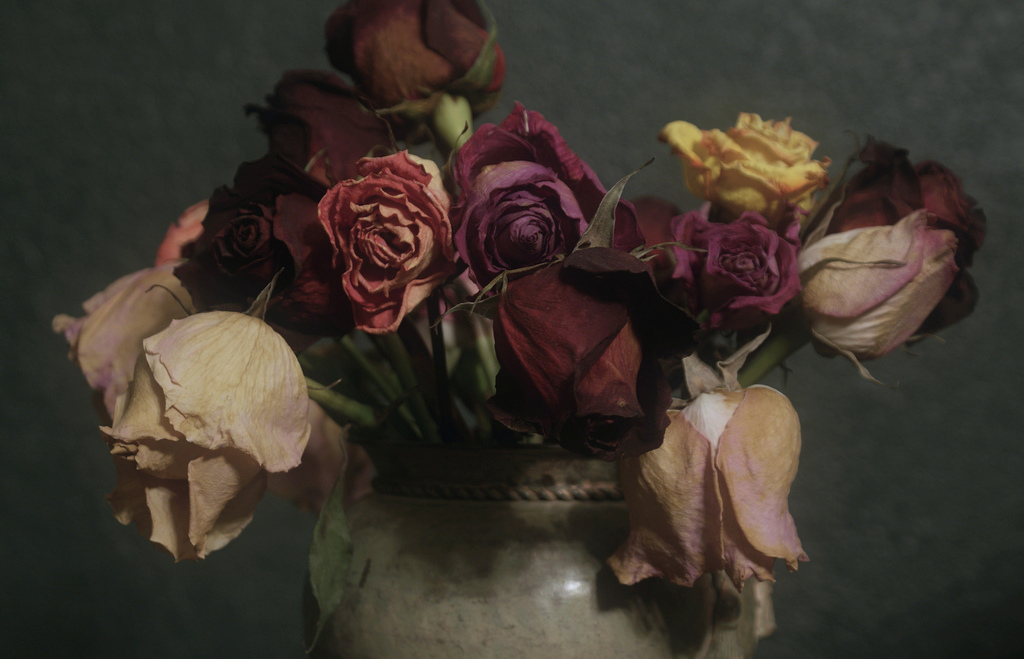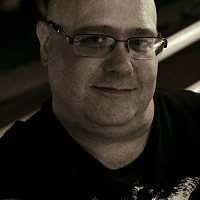
“When did I become such an undesirable blanket?” –Mary Biddinger, “Beatitudes”
Warnings, even the outdated ones,
are forever spoken in hushed tones.
You walk up the ramp and the man
with the sparse combover and the appropriate
relaxed-bowel sportcoat: “to the right,
please,” he murmurs, just above silent.
“The casket shall remain closed for the duration
of the viewing.” I bite back the obvious.
The room is full, and yet I can see nothing
(what flowers for saints and stuff?) but that
closed box, a refrigerator door meant to preserve—
what?—the nutrients that should return
to the soil, allow us to give back something
so small for all we have taken?
The viewing is what it is, what they all are. Family
members catch up on gossip from pruned branches.
Dinner plans are made, forgotten in trips
to the restroom. The children, unaware
of the purpose of this family reunion, play
in the basement until mischievous, touched
Uncle Michael takes them on a tour
of the morgue. The sandwiches in the back
room have less appeal now then the Hanobska
Chateau Marionette ’95 in the coffee dispenser.
One to four, then six to nine, and the two-
hour interim in which the family flee,
some to a light dinner, some to the local
paid-by-the-hour motel, most to the Linen Lounge,
where the lingerie dancers dress in funeral weeds
and the most popular drink is the zombie.
The director, sportcoat over his shoulder,
steps out for a two-hour chainsmoke and finally,
finally our time is here. We slip the catches
on the drawers, roll ourselves out. This is
our viewing, our private time, and we approach
the casket with reverence, trepidation.
Lift the lid on three, and what we could
not bear to believe lies before us—your body
pristine, untouched by disease, by accident,
by trochar. We slipped our arms beneath you,
where blood would pool, decay begin, and found
what we expected, yet not dared to hope—
the only mark an outrageous hickey, just above
(what is that called?), I put there three
days ago, when you were still alive,
still capable of touching pen to paper.
We had heard Mother Church requires
first photographic evidence, then physical
proof.
We did the only thing we could,
the one most right thing: six pallbearers
lined up, lifted the casket from among
its forest, marched in languorous step
toward the open door of the crematorium.
The fire rumbled, a gut promised
a singular, delectable meal.
About the Author: Robert Beveridge
 Robert Beveridge makes noise (xterminal.bandcamp.com) and writes poetry just outside Cleveland, OH. Recent/upcoming appearances in Borrowed Solace, Dodging the Rain, and Twyckenham Notes, among others.
Robert Beveridge makes noise (xterminal.bandcamp.com) and writes poetry just outside Cleveland, OH. Recent/upcoming appearances in Borrowed Solace, Dodging the Rain, and Twyckenham Notes, among others.
